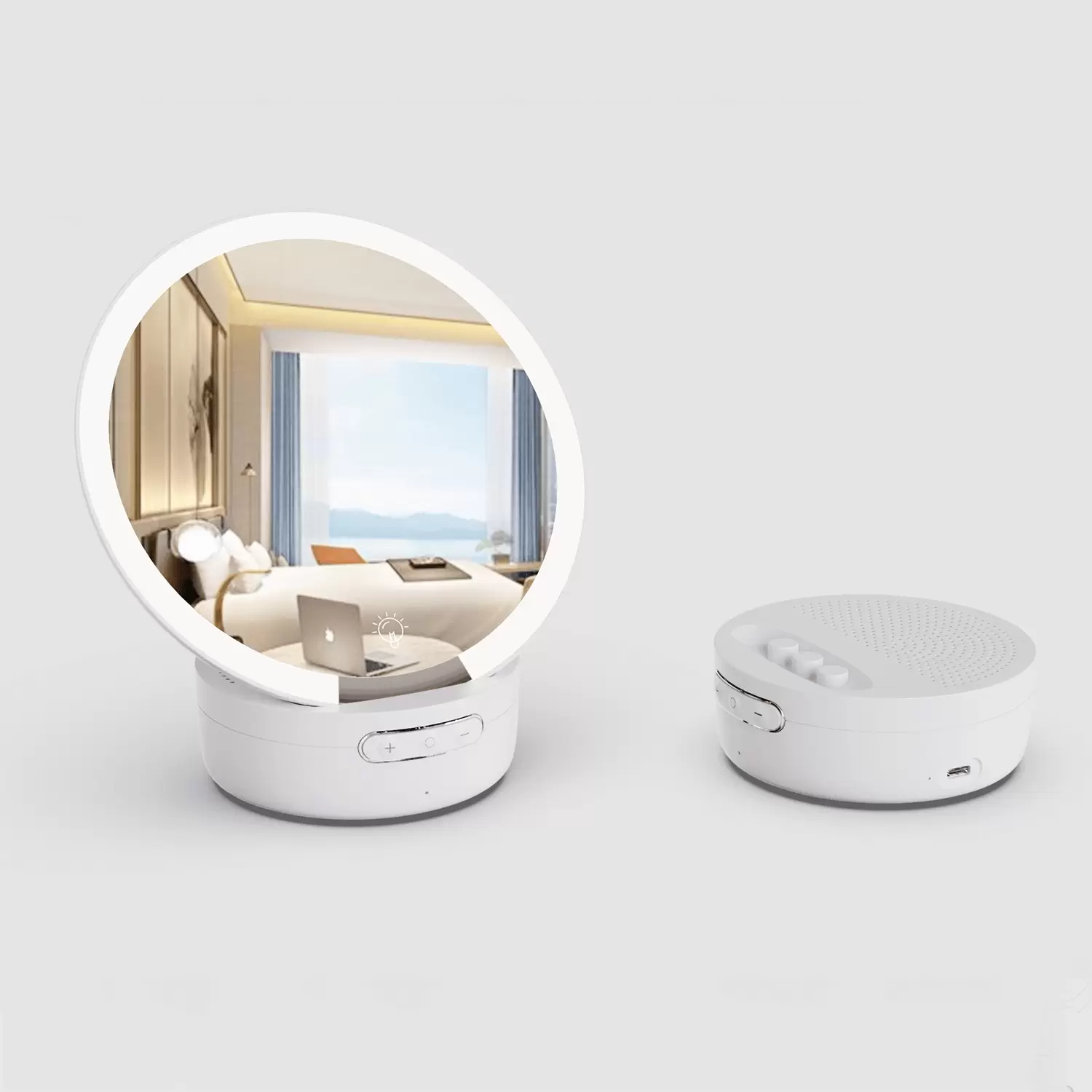Maintaining a clean and tidy home is often considered a virtue, but have you ever wondered what happens if your house is too clean? In this blog post, we will explore the unexpected consequences of an excessively clean home and delve into the potential risks and benefits associated with a pristine living environment.
- Weakened Immune System:
While cleanliness is essential for preventing the spread of germs and diseases, an excessively clean home may actually weaken your immune system. Studies have shown that exposure to certain bacteria and allergens in early childhood can help build a robust immune system. Living in an overly sterile environment may deprive your body of the necessary exposure to develop natural defenses, potentially leading to increased susceptibility to allergies and infections. - Increased Allergies and Asthma:
Paradoxically, an excessively clean home can contribute to the rise of allergies and asthma. The use of strong cleaning agents, air fresheners, and frequent dusting can release harmful chemicals and irritants into the air, triggering respiratory issues. Additionally, an absence of dust and dirt may prevent the immune system from learning to differentiate harmless particles from harmful ones, leading to an overreaction to common allergens. - Mental Health Implications:
Believe it or not, an obsessively clean home can have negative effects on mental health. The constant need for cleanliness and orderliness can create excessive stress and anxiety, leading to feelings of inadequacy and perfectionism. Moreover, studies have suggested that exposure to a diverse range of microbes, commonly found in less sanitized environments, can positively impact mental well-being by promoting the production of serotonin, a neurotransmitter associated with mood regulation. - Reduced Microbial Diversity:
A spotless home may inadvertently result in a reduction in microbial diversity. Our bodies host trillions of microorganisms that play a crucial role in maintaining overall health. These microorganisms, collectively known as the microbiome, help with digestion, immune function, and even mental health. Excessive cleaning practices, such as the overuse of disinfectants, can disrupt this delicate balance, potentially leading to imbalances in gut flora and other health complications. - Impact on Children's Development:
Growing up in an excessively clean environment may hinder children's development in various ways. Research suggests that exposure to a diverse range of microbes during early childhood is essential for the proper development of the immune system and the establishment of a healthy microbiome. Furthermore, studies have linked excessive cleanliness to an increased risk of developing autoimmune diseases and certain mental health disorders in children.
Conclusion:
While cleanliness is undoubtedly important, maintaining a balance is key. An excessively clean home may have unforeseen consequences on our immune system, respiratory health, mental well-being, and overall development. Embracing a more relaxed approach to cleanliness, allowing for some exposure to germs and dirt, can actually be beneficial for our health. So, next time you feel the urge to scrub every corner of your home, remember that a little messiness might just be what your body and mind need.

